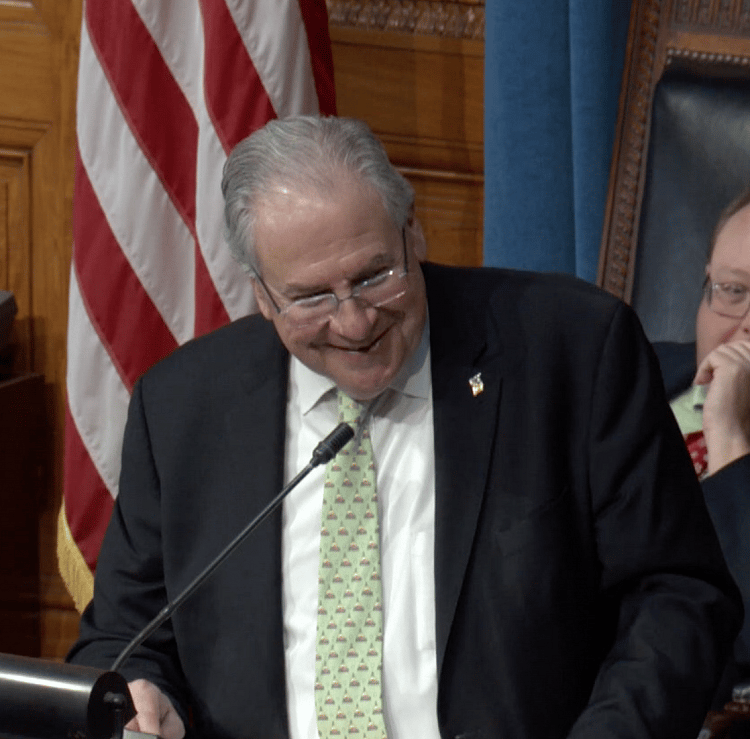Left, Right Calling for Roll Call Votes in Massachusetts Legislature

The conservative Massachusetts Fiscal Alliance is calling on more state legislators to follow the lead of four incoming left-of-center Democrats who have pledged to support taking more roll call votes on Beacon Hill.
"We challenge all of the newly elected legislators, Republican and Democrat, to have the same courage as these four lawmakers and take the #TransparencyPledge. The incoming class has a chance to make history. Let's hope they choose to," said Paul Craney, spokesman for the Massachusetts Fiscal Alliance, in a written statement Tuesday.
